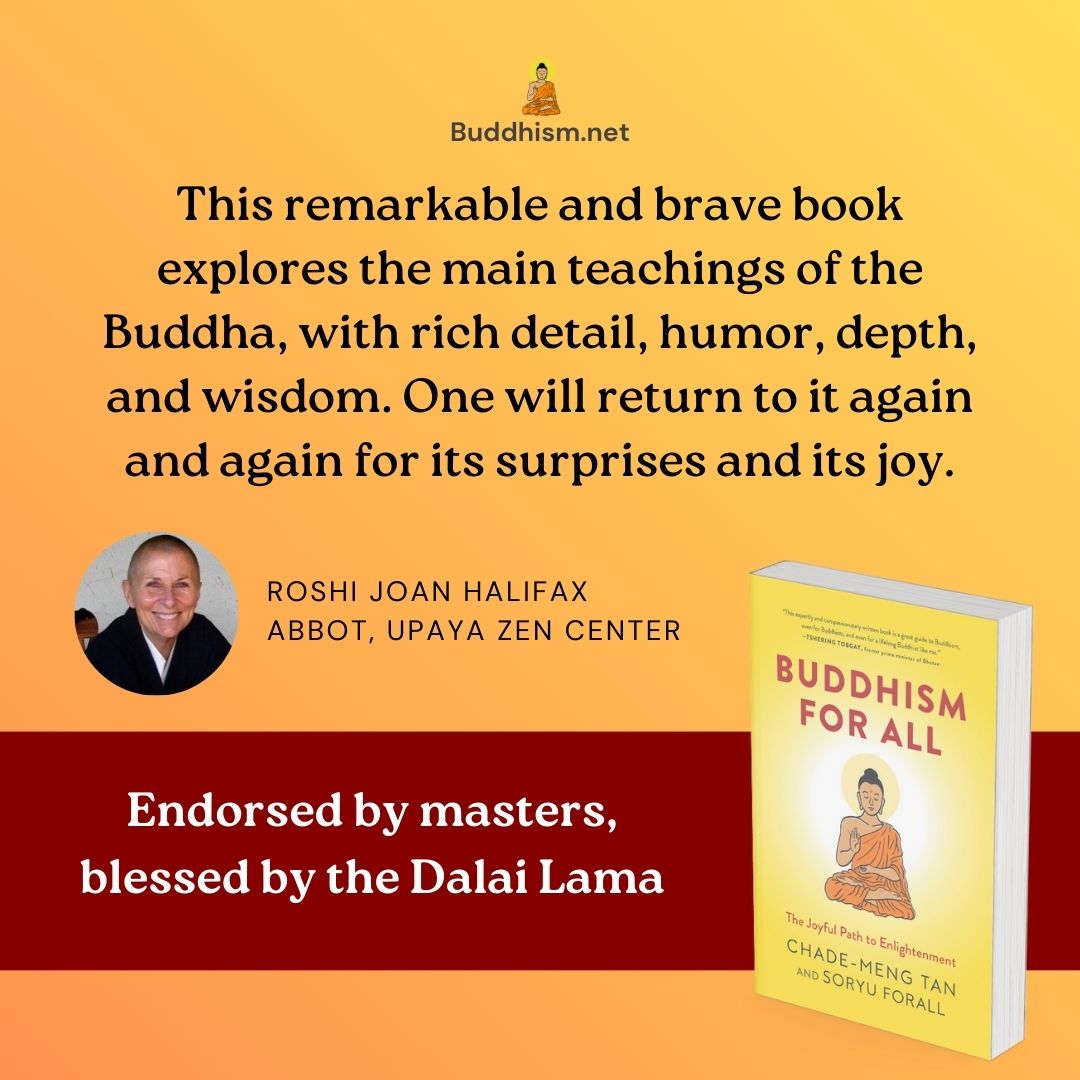
In the 1600s, there was a Dutch draper by the name of Antonie van Leeuwenhoek. Antonie cared a lot about the quality of his textile. He wanted to see the quality of the thread better than anyone else could, so he developed an interest in lens making. Eventually, he became very good at making high quality microscopes.
Happily for all of us, Antonie’s interest quickly went beyond looking at textiles to exploring the natural world with his microscopes. Soon, he was startled to see an entire world of tiny creatures milling about in a drop of water.[1] In the 1670s, he started publishing his observations of very small organisms such as mold and lice and, more importantly, bacteria and other unicellular micro-organisms. He helped change the way people understood diseases. Today, we take for granted that diseases are spread by germs. This is called the germ theory of disease. During Antonie’s time, however, germ theory was not widely accepted. As a consequence, practices we find shocking today were widespread, for example, doctors did not even wash their hands between touching corpses and delivering babies.
Thanks to Antonie’s pioneering work, germ theory eventually gained ground, and that changed everything. Today, Antonie van Leeuwenhoek is remembered as the Father of Microbiology.
Without a microscope, it is possible to theorize that diseases are spread by tiny particles invisible to the naked eye. However, to actually be able to see bacteria and other unicellular micro-organisms with a microscope changes everything.
Right samadhi is to a meditator what a microscope is to a microbiologist. Soryu says this analogy is especially apt given that, like a microscope, right samadhi reveals distinctions, is unbiased, and does not add to what is actually there. Right samadhi is a meditator’s most important and most powerful tool. Without it, you can only theorize about the nature of the mind. Having right samadhi allows you to actually examine the depths of your mind in perfect calmness, clarity and equanimity, without the obstruction caused by the five hindrances. You can then see the mind as it actually is. It changes everything.
In the next few articles, we will examine right samadhi.
Activities
- Reflect on this post with Angela: Our mind is extremely powerful. In what ways have you experienced the power of your own mind?
References
[1] Quoted from Sapiens: A Brief History of Humankind, by Yuval Harari, Harper (2015). A more complete story of Antonie van Leeuwenhoek can be found at: https://www.famousscientists.org/antonie-van-leeuwenhoek/ .

